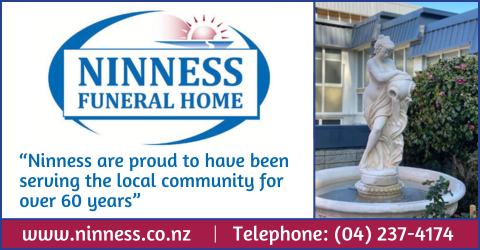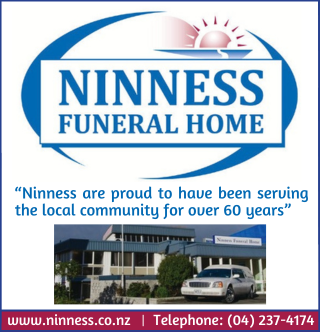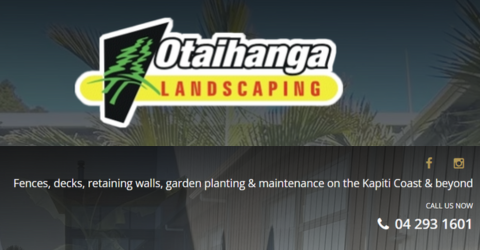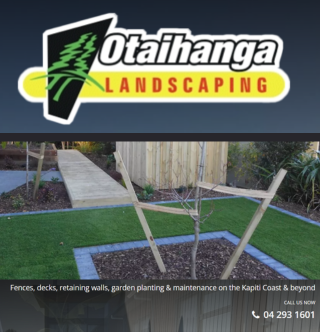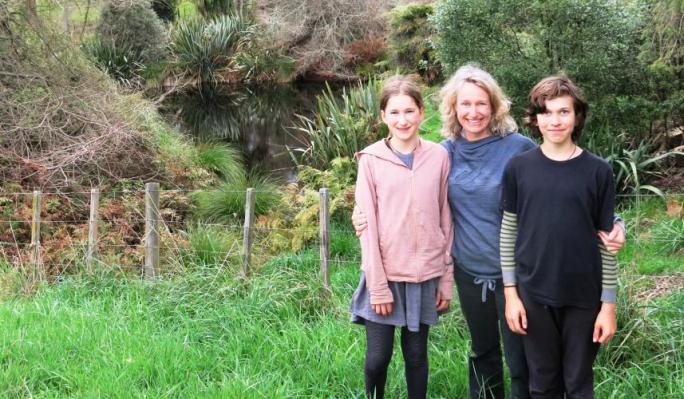
A Te Horo lifestyle block owner is achieving her wetland restoration vision by creating an ecological corridor for native birds, through Greater Wellington Regional Council’s Healthy Waterways programme.
Wetlands come in all shapes and sizes, but their benefits are big; like ecological kidneys throughout our region, they are able to filter water, store carbon and provide habitat for native birds, fish and plants.
Greater Wellington’s programme supports landowners in the region to restore and manage wetlands and waterways on their property.
Sally Dakin, physiotherapist and wetland restorer at every moment in between, is working to improve the quality of the freshwater and biodiversity on her property.
Sally says a recent visit to Zealandia helped fuel her passion and desire to continue the wetland restoration work of the previous land owner.
‘I’ve always found the Kāpiti Coast incredibly beautiful, but I want to regenerate the bush and create a corridor for native birds that connects up with my neighbours,’ says Sally.
‘It’s been a real learning curve to upskill and grow my knowledge of conservation and ecology ‘” I’m finding the more you learn, the more you want to know.’
Sally has big visions for her lifestyle block; with the additional support of family, neighbours, the Kāpiti Coast District Council and Greater Wellington ‘” this is her opportunity to bring them to life.
Already the Dakin family have witnessed positive changes, from flourishing harakeke, kahikatea, pukatea, manuka and a guest appearance from a kererū, which are rarely seen in the area.
Greater Wellington biodiversity advisor, Aprille Gillon says, ‘I met Sally a few years back while doing drop-in visits to landowners with identified wetlands on their property to increase awareness of our programme.
‘It has been an exciting three years working with Sally’s family to provide wetland restoration advice, weed control and pest animal control support, and native wetland plants for the wetland.’
Sally’s dune swamp is a part of a wetland complex that spans across four properties in Te Horo. It is recognised as a wetland under the proposed Natural Resource Plan as well as a Kāpiti Coast District Council Ecological Site.
Greater Wellington councillor, Penny Gaylor says, ‘On a practical level our programme provides advice and financial incentives for landowners wanting to restore and manage wetlands and waterways on their properties.
‘At the core of the National Policy Statement for Freshwater Management is Te Mana o te Wai, a concept which recognises the intrinsic value of freshwater. In a holistic sense, restoration projects like Sally’s develop an individual sense of connection with te taiao (the environment) and emphasise our interdependency: if the water and land thrive, we can thrive.’
For more information on Greater Wellington’s Healthy Waterways programme visit: https://www.gw.govt.nz/healthy-waterways/.





